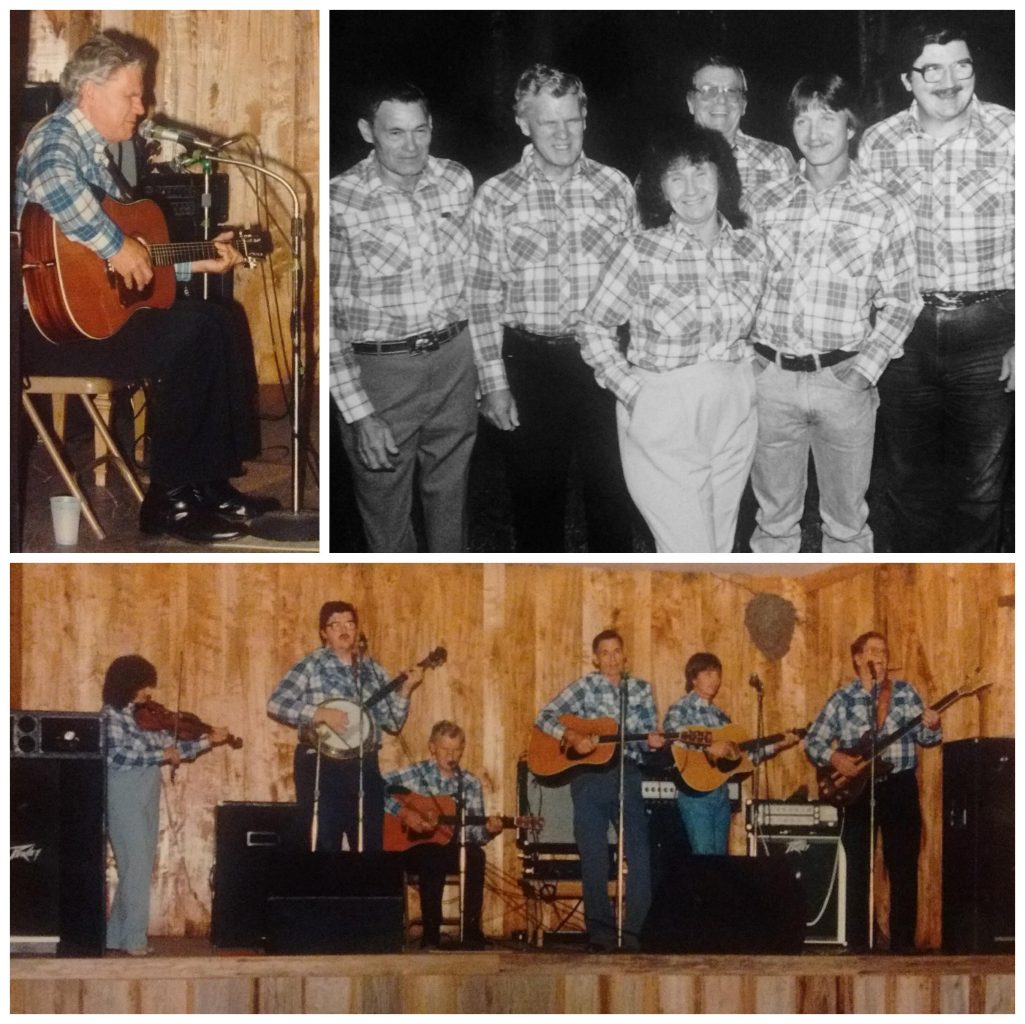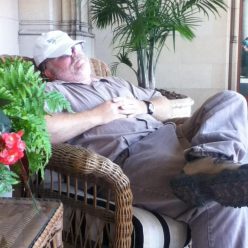
Like an old-time ballad singer, Asaph turns to storytelling in this psalm. It’s the second longest of all the psalms — some 72 verses spread over five pages — as it recounts “dark sayings of old, / Which we have heard and known, / And our fathers have told us,” stories that can’t be forgotten.
It’s not unusual for ballads — or story songs — to be lengthy. I remember seeing all the words to “Matty Groves” once and wondering how John Jacob, Jean, Joan and Doc could ever memorize all those verses and then sing the whole blessed song without dropping a single quatrain or two.
Well, Asaph does tell a familiar tale — one that’s a staple in everything from Jewish synagogues to Southern Baptist Sunday schools. He tells how the Children of Israel — or more precisely, the tribe of Ephraim — kept pissing YHWH off and, as a result, had to keep wandering in the desert.
Nothing YAH did for them was enough, sings Asaph. Part the Red Sea, YAH! Yes, my children. Show us the way by day and by night, YHWH! OK, sure, I shall. We thirst, YAH! We want water! I can do that, too — on the rocks, even. And food! We’re hungry! Sure, here’s manna and meat.
Still, those children kept acting like children and never learned their lessons. They’d forgotten all the bad stuff — those 10 plagues — that YAH had used to get the Egyptians to set the Israelites free — like killing every firstborn child. (Yes, YHWH waited until they were born to murder them.)
So, just like “Matty Groves,” this story psalm is a murder ballad of sorts. But Asaph’s main point in telling it transcends macabre entertainment. Asaph knows that people who forget the morals of their collective stories will surely repeat them — that is, their mistakes — over and over again.
